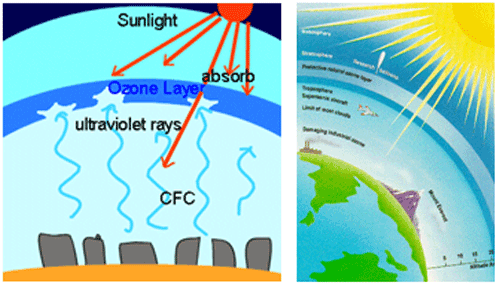F Gas / System Refrigerant Asset Scheduling
F-Gas regulations became law when they were published in the EU Official Journal in June 2006. They entered into force on 4th July 2006 with much of the regulation applying from 4th July 2007.
The objective of the regulation is to contain, prevent and thereby reduce emissions of the fluorinated greenhouse gases covered by the Kyoto Protocol. The regulation addresses containment, use, recovery, destruction, reporting, labelling, training, certification and some placing on the market prohibitions for the fluorinated gases
• HFCs are one group of fluorinated greenhouse gases covered by this legislation.
• The regulation does not ban the use of HFCs in any static refrigeration or air conditioning application
There is, however, an enormous responsibility upon those working in the industry to apply these measures so that emissions are significantly reduced.
As part of an Air Conditioning Energy Inspection or as a standalone F Gas site logging service Albany Energy can provide you with an F-Gas register and full asset schedule for your air conditioning stock. We also offer a full asset labelling and scheduling service which can extend to all mechanical & electrical services located on site/sites from smoke detectors to spotlights, from boilers to thermostats and fire suppression systems to pumps.
Our services can include asset information collation and labelling of air conditioning and M&E stock.
An asset schedule is essential as it enables the equipment owner to effectively manage the air conditioning/M&E stock, combined with an F-Gas register which is a legal requirement; you could have all the relevant information presented in one place and in a uniform style for either a single site or your entire building estate/portfolio.










